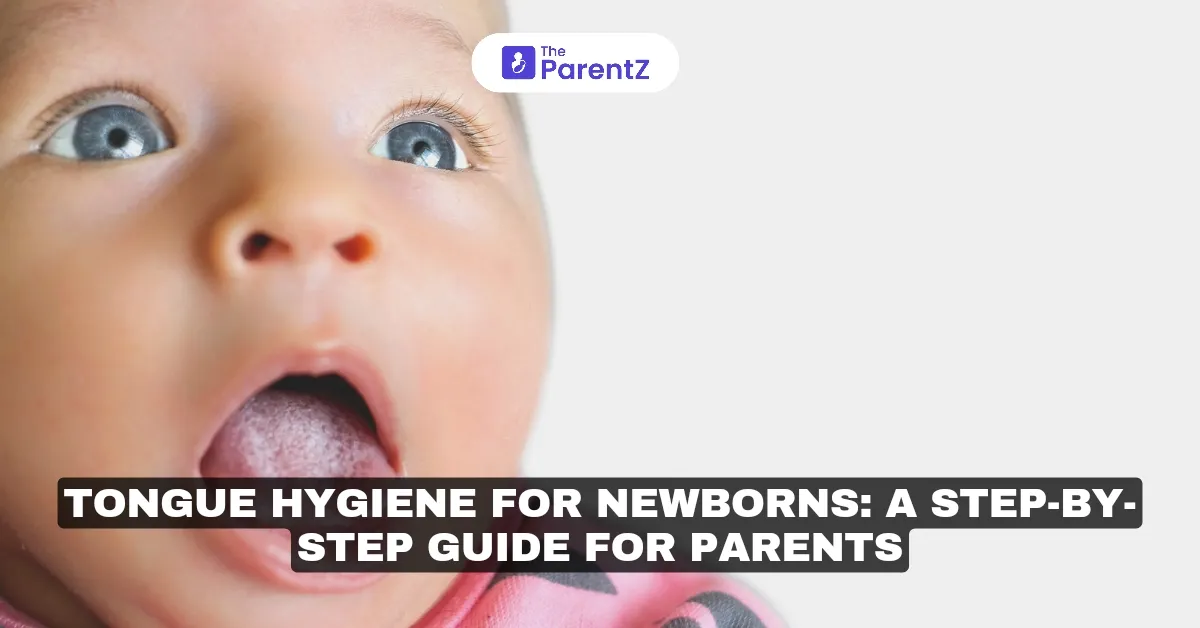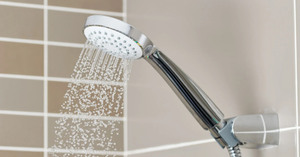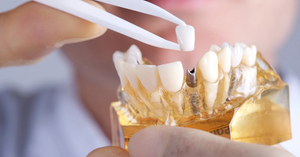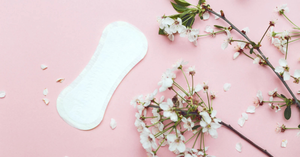Newborn oral hygiene is often overlooked, but it plays a crucial role in maintaining overall health. A newborn’s tongue can accumulate milk residues, leading to white coating, bad breath, or even oral infections like thrush. Ensuring proper tongue hygiene helps maintain a clean oral cavity and prevents discomfort for your baby. In this parent-friendly guide, we’ll explore the safest methods, materials to use, and recommendations from trusted sources like PubMed and the American Pediatric Society.
Why Is Tongue Hygiene Important for Newborns?
Newborns have delicate oral cavities, and milk deposits on the tongue can create an environment for bacterial or fungal growth. Proper cleaning of the tongue:
• Prevents bad breath and thrush.
• Encourages better feeding by reducing oral discomfort.
• Helps establish a foundation for lifelong oral hygiene habits.
Safe Methods to Maintain Tongue Hygiene for Newborns
1. Cleaning with Soft Cotton or Muslin Cloth
For newborns, a clean, soft cloth is the safest and most effective tool for tongue cleaning.
Steps to Follow:
1. Wash your hands thoroughly with soap and water.
2. Take a clean piece of soft cotton or muslin cloth.
3. Dip the cloth in lukewarm, boiled water or sterile saline solution.
4. Gently wrap the cloth around your index finger.
5. Open your baby’s mouth carefully and lightly rub the cloth over the tongue, removing any milk residue.
6. Repeat the process on the inner cheeks and gums for complete oral hygiene.
Tips & Tricks:
• Use a fresh cloth for every cleaning session.
• Perform this routine once a day, preferably after feeding.
Do’s:
• Ensure the cloth is soft to avoid irritation.
• Use boiled or sterile water to minimize infection risks.
Don’ts:
• Avoid using scented or colored cloths that may irritate the baby’s mouth.
• Never apply excessive pressure on the tongue.
2. Using Silicone Baby Tongue Cleaners
For babies over 3 months, silicone baby tongue cleaners are a safe option, designed specifically for infants.
Steps to Follow:
1. Sterilize the silicone cleaner before use.
2. Wash your hands and ensure the cleaner is at room temperature.
3. Gently clean the baby’s tongue by massaging it in a circular motion.
Do’s:
• Choose FDA-approved, BPA-free tongue cleaners.
• Ensure the cleaner is soft and flexible.
Don’ts:
• Never use adult tongue cleaners or brushes.
• Avoid forcing the cleaner if the baby resists; try again later.
When to Start Cleaning Your Baby’s Tongue?
Start cleaning your newborn’s tongue as early as 2-3 days after birth. While babies rely only on milk during the initial months, milk residues can accumulate quickly. Early introduction to tongue cleaning also helps your baby get accustomed to oral hygiene routines.
What Materials Are Best for Cleaning a Newborn’s Tongue?
1. Soft Cotton Cloth: Gentle and non-irritating.
2. Muslin Cloth: Known for its soft texture and absorbency.
3. Sterile Gauze Pads: Ideal for sensitive oral cavities, available at most pharmacies.
4. Silicone Tongue Cleaners: Soft and reusable for babies over 3 months.
Signs of Improper Tongue Hygiene
• Persistent white coating that doesn’t wipe off (might indicate thrush, requiring medical attention).
• Foul smell from the mouth.
• Baby’s discomfort during feeding.
If you notice these signs despite regular cleaning, consult a pediatric dentist or pediatrician.
Tips for Parents from Renowned Pediatric Societies
According to guidelines from the American Academy of Pediatrics (AAP) and studies published on PubMed, early oral hygiene practices are essential to prevent oral infections in infants. Here’s what they recommend:
• Start cleaning the mouth within the first week of life.
• Use clean, sterilized tools to prevent infections.
• Avoid using sugar water or honey for cleaning as it can lead to dental issues and health risks.
PubMed research also emphasizes the role of parents in establishing good oral habits early on. Ensuring gentle and consistent tongue cleaning helps babies develop a healthy oral microbiome, reducing the risk of oral diseases later in life.
How to Keep It Comfortable for Your Baby
1. Clean your baby’s tongue after feeding when they’re calm.
2. Use soothing tones and maintain eye contact to keep them relaxed.
3. Choose a time when your baby is neither too hungry nor too full.
A Sweet Note for Parents
Dear parents, taking care of your newborn’s tongue might seem overwhelming at first, but remember—you’re not alone in this! Every step you take is a beautiful investment in your baby’s health. Keep it simple, stay patient, and trust your instincts. You’ve got this, and everything will be just fine!
By following these tips and expert recommendations, you can ensure your baby’s tongue remains clean, healthy, and free from discomfort. Let’s make those first smiles even brighter!








Be the first one to comment on this story.